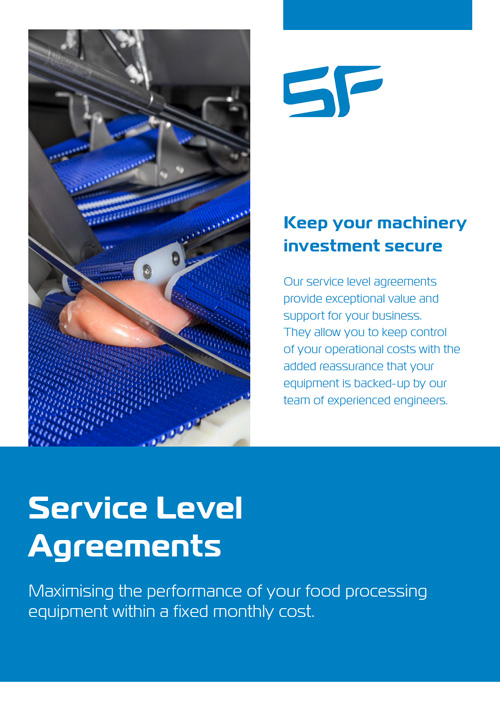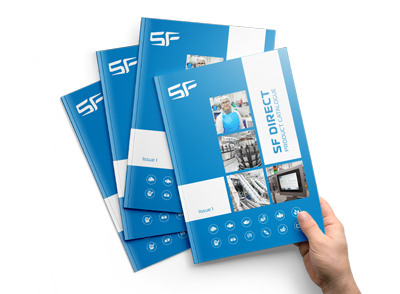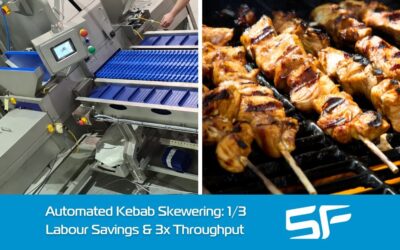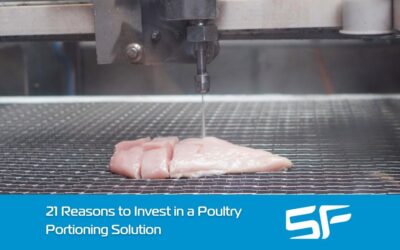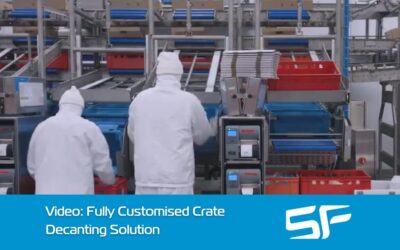Overcoming Delivery Problems in Food Manufacturing Facility Upgrade Projects – Q&A With Richard Smith
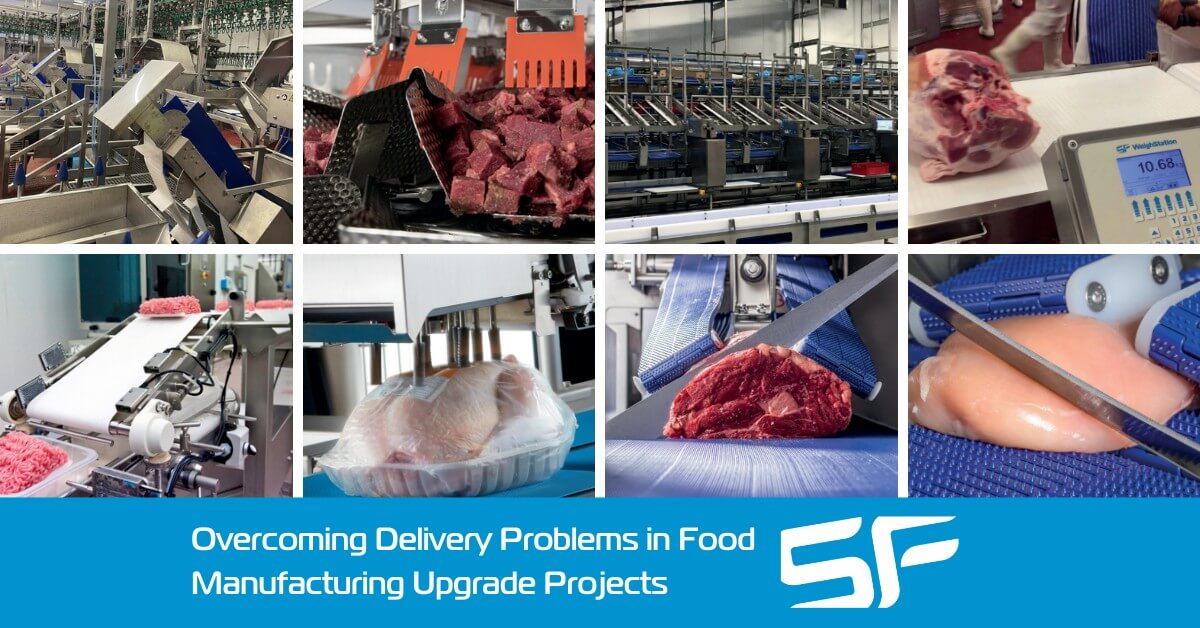
SF Engineering General Manager Richard Smith has extensive experience providing consultancy services on some of the largest food manufacturing facility upgrade projects in the UK or Ireland. In this latest Q&A section, we ask Richard why whole factory and production line projects fail, how to overcome the problems, the importance of expert resources, and more.
Project Delivery Problems and How to Overcome Them
What are the main project delivery problems that manufacturers in the protein sector are currently experiencing? How does SF Engineering’s approach eliminate the risk of these problems occurring on significant production line improvement projects?
Richard: “I think a lot of the project delivery problems come down to a lack of understanding of the protein, fresh food industry around the requirements, the urgency, and the time pressures.
“With the protein, fresh food industry, you’ve got live product that’s continually coming at you, you’ve got the short shelf life, you’ve got to be constantly supplying into the supermarkets. This creates time pressures that solution providers have got to understand. You’ve got to understand that production starts at six o’clock in the morning and you have to be there for it. You must understand that you are only going to get a short window at a weekend, or you’ve got to come in at ten o’clock at night to do things.
“You have to also see the challenges. It is having enough confidence that, when you really need to, you push back. You’ve got to have enough strength and you’ve got to have enough credibility.
“I’ve seen failings on both sides of the line – not understanding the whole urgency of fresh food production but also not being strong enough in what is a robust industry to say, you know what, if you want this to work, you have to do it like this.
“A lot of that comes down to experience. We’ve been doing this as a business for a long, long time, and you learn along the way.
“It really is a details game too. To get things done under these tight turnarounds and tight timescales, it’s about getting into that detail, thinking of everything, going back and thinking through it again – you can’t do too much preparation for these projects.
“We also almost embed ourselves with our customer’s team. To get a full understanding, we need to be in their factories, seeing everything first hand. This isn’t the type of thing you can do remotely. You’ve got to be there. You’ve got to be in it.
“Our process goes through a concept layout stage and a review. There are then various stages of creating 3D detailed layouts, followed by a further review. Equipment testing and pre-delivery inspections come next, as well as another review. Only then do we install the equipment.
“On a bespoke project, by doing this, you might get 95 percent of it right first time at the initial installation because there will still be something that nobody’s thought of. But if you get 95 percent of it right, you can deal with the remaining five percent. If you only get 80 percent of it right, though, that’s the difference between production running on Monday morning and production not running.”
Resource Allocation
What about resources? What is SF Engineering’s approach to resource allocation to ensure enough of the right resources (individuals with the necessary skills) are working on a customer’s project?
Richard: “We get the right, experienced people for the particular job. So, where are the best people for that job? We then get them into the factories. We also know that projects run better for our customers and for us if we allocate the right time and level of resources up front, right in those early stages. That leads to the project running a lot smoother down the line.”
Installation and Post-Installation Considerations
Why is it important to consider installation and post-installation factors at the initial consultation stage of a project?
Richard: “That is really important around minimising risk for our customers. Some automated solutions on their own are great but are they going to work in that factory environment for that particular customer and that particular process? Part of the consultancy phase is thinking about how we are going to install this.
“What we quite often end up doing in these early stages is thinking about the phasing of the project – in order to do this, we’ve got to do this, in order to do that, we’ve got to do that.
“As an example, we’re doing a whole factory job at the moment, but it’s being done over a sequence of weekends to minimise disruption to production. That needs a huge amount of thinking and planning because you’ve got so many moving parts. You’ve got a limitation of what you can actually do on some weekends because of shift patterns, and there is quite a lot of sequencing that is required.
“It is not possible to do this sort of project successfully without considering all of those weekends right back at the start. Right back at that stage, you’re thinking about how we put this in.
“And, quite often, that doesn’t just involve us. There might be civil works for floors and walls and drains and chillers and things like that. You could say, don’t worry about any of that because that’s not our thing, that’s down to the customer to worry about. But having that awareness that these things need to be done and contributing to the discussion provides the added value that we try to give in every project.”
